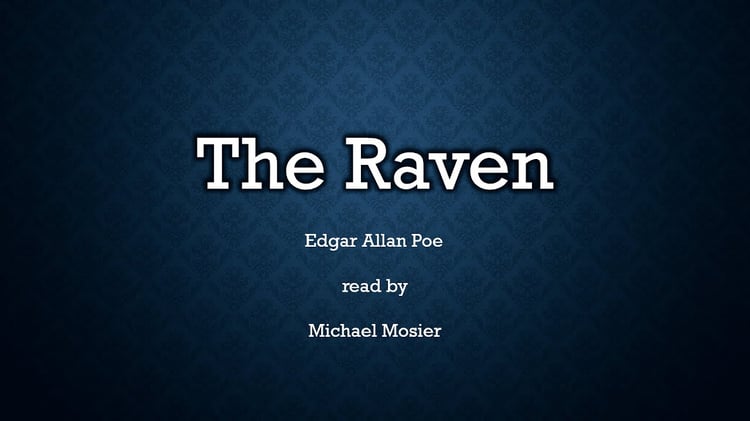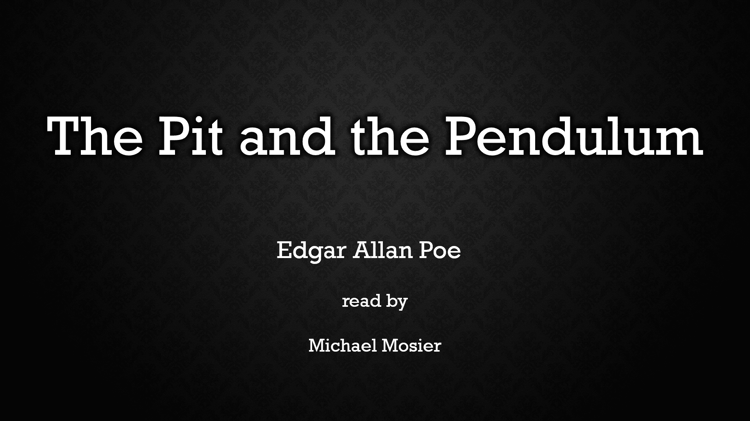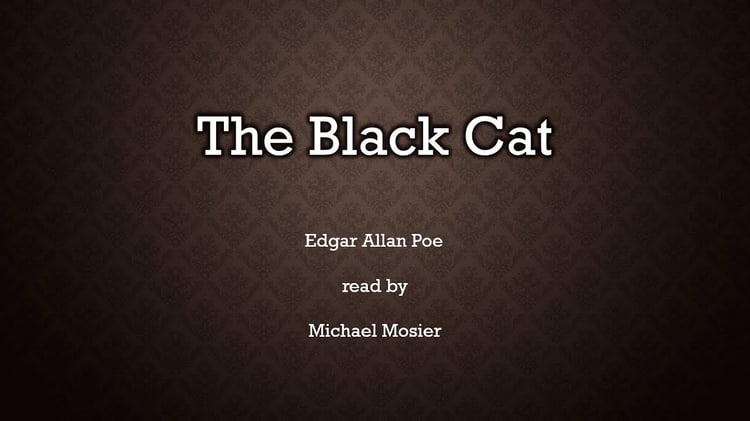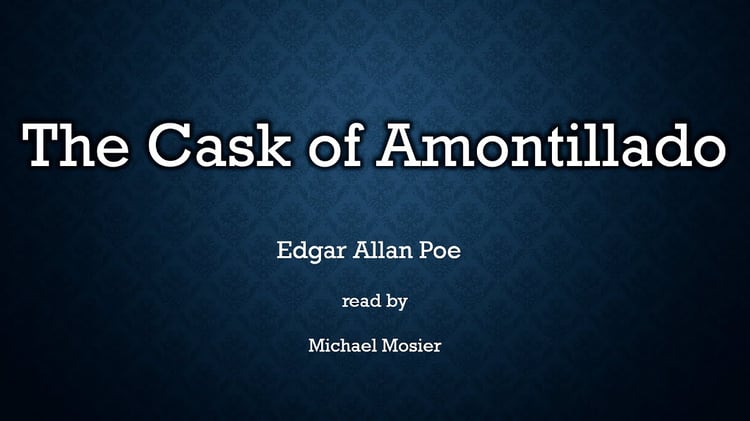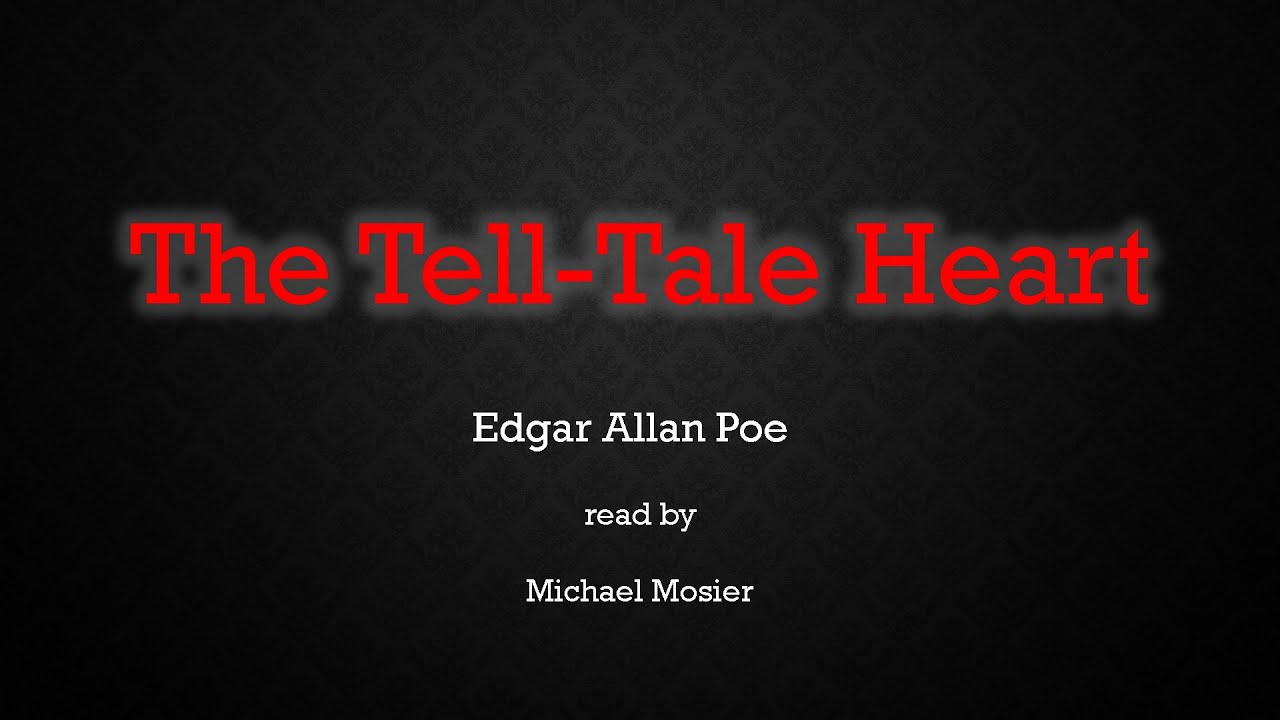
"The Tell-Tale Heart" by Edgar Allan Poe
"The Tell-Tale Heart" by Edgar Allan Poe
Read by Michael Mosier
"The Tell-Tale Heart" by Edgar Allan Poe is a classic tale of psychological horror that explores themes of guilt, paranoia, and madness. The story is narrated by an unnamed protagonist who insists on his sanity while describing the meticulous planning and execution of a murder.
The narrator lives with an old man who possesses a pale blue eye that deeply unsettles him. He becomes obsessed with the eye, which he describes as resembling that of a vulture, and decides to kill the old man to rid himself of the eye forever. He emphasizes his careful and deliberate approach to the murder as proof of his sanity.
For seven nights, the narrator sneaks into the old man’s room, watching him sleep while waiting for the perfect moment to strike. Each night, he finds the old man asleep with the eye closed, and thus, he refrains from acting. On the eighth night, however, the old man wakes up and sits up in bed. The narrator, fueled by the sight of the open eye and the sound of the old man’s heartbeat, finally acts. He smothers the old man with his bedclothes and then dismembers the body, hiding the parts under the floorboards.
Confident in his success and cleverness, the narrator believes he has committed the perfect crime. However, his sense of triumph is short-lived. Soon after, the police arrive, alerted by a neighbor who heard a scream. The narrator remains calm and invites them in, explaining that the noise was his own in a dream. He even leads them to the old man’s room, seating them right above the hidden corpse.
As the police officers chat amiably, the narrator begins to hear a faint, rhythmic noise. He initially dismisses it as his imagination, but the sound grows steadily louder. He realizes it is the beating of the old man’s heart, still thumping beneath the floorboards. The noise becomes unbearable, and the narrator is overcome by guilt and paranoia. Convinced that the officers must also hear the sound and are mocking his agony, he can no longer endure the torment.
In a frenzied outburst, the narrator confesses to the crime, shouting at the police to tear up the floorboards and reveal the hidden body. His confession underscores the powerful grip of guilt and madness on his mind, revealing his true mental state despite his earlier claims of sanity.
"The Tell-Tale Heart" remains one of Poe’s most famous works, renowned for its exploration of the human psyche and its vivid depiction of a mind unraveling under the weight of its own guilt.
#TheTellTaleHeart #EdgarAllanPoe #GothicLiterature #HorrorStory #PsychologicalHorror #Guilt #Madness #Paranoia #Murder #ClassicLiterature #Macabre #19thCenturyLiterature #VividImagery #HumanPsyche #Narrative #ShortStory #DarkTale #EerieAmbiance #LiteraryClassic #TimelessTale



